The Bible has been studied and interpreted by Christians for centuries. It’s central to Christianity but has led to controversies and disputes among denominations and scholars. These 20 topics are among the most divisive.
Baptism

Different denominations have contrasting views on when baptism should occur. Orthodox, among other denominations, believe in the importance of infant baptism, while Pentecostals undergo it as adults, as a believer’s baptism.
The Eucharist
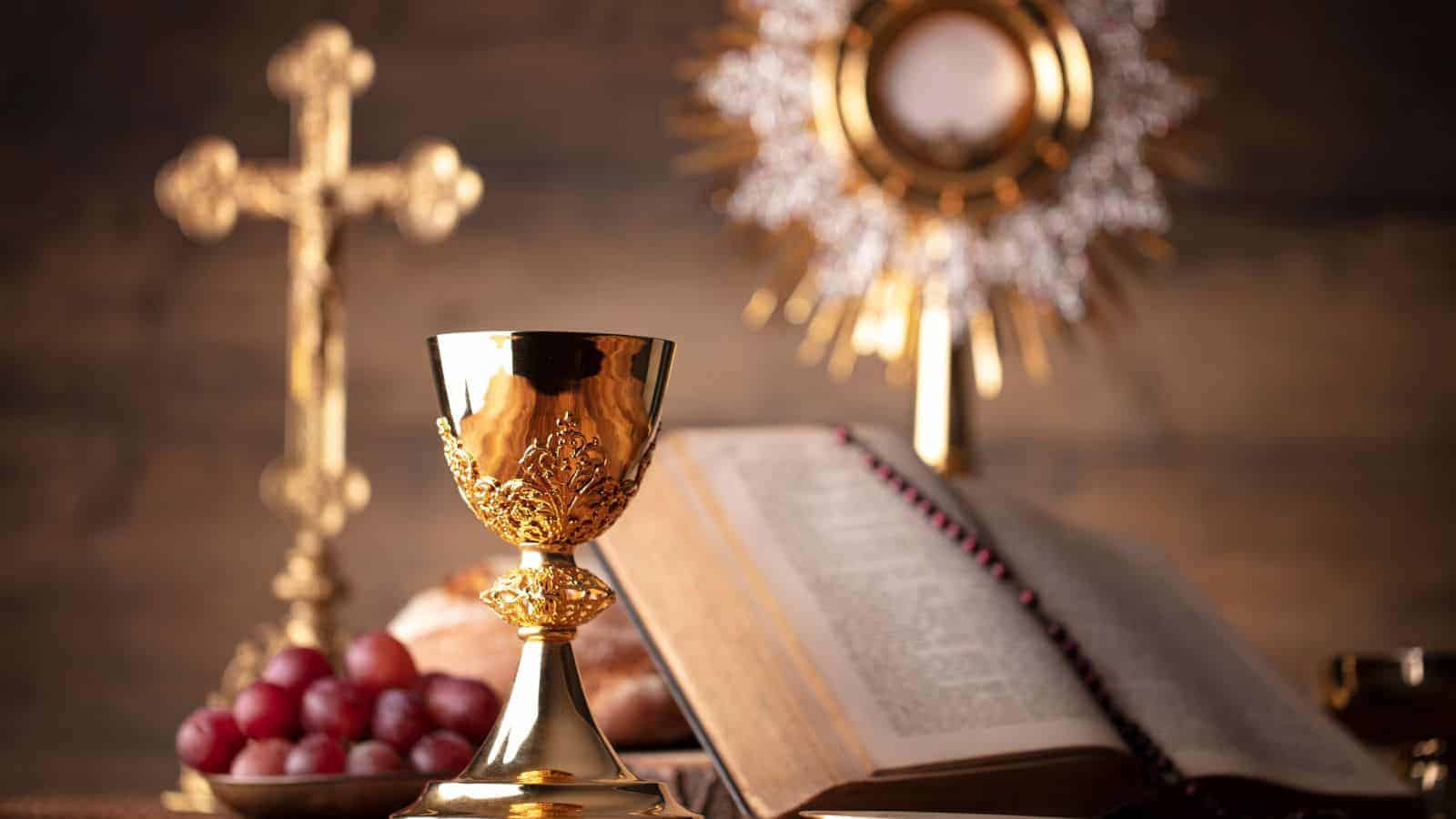
The Eucharist is a Christian sacrament or ordinance that involves drinking wine and eating bread, as Jesus’s disciples did during the Last Supper. Some denominations believe in transubstantiation, the idea that the bread and wine actually become Jesus’s body and blood. Britannica explains that “Roman Catholics believe in the real presence, an issue that has dominated Catholic-Protestant controversies about the Eucharist.”
Salvation
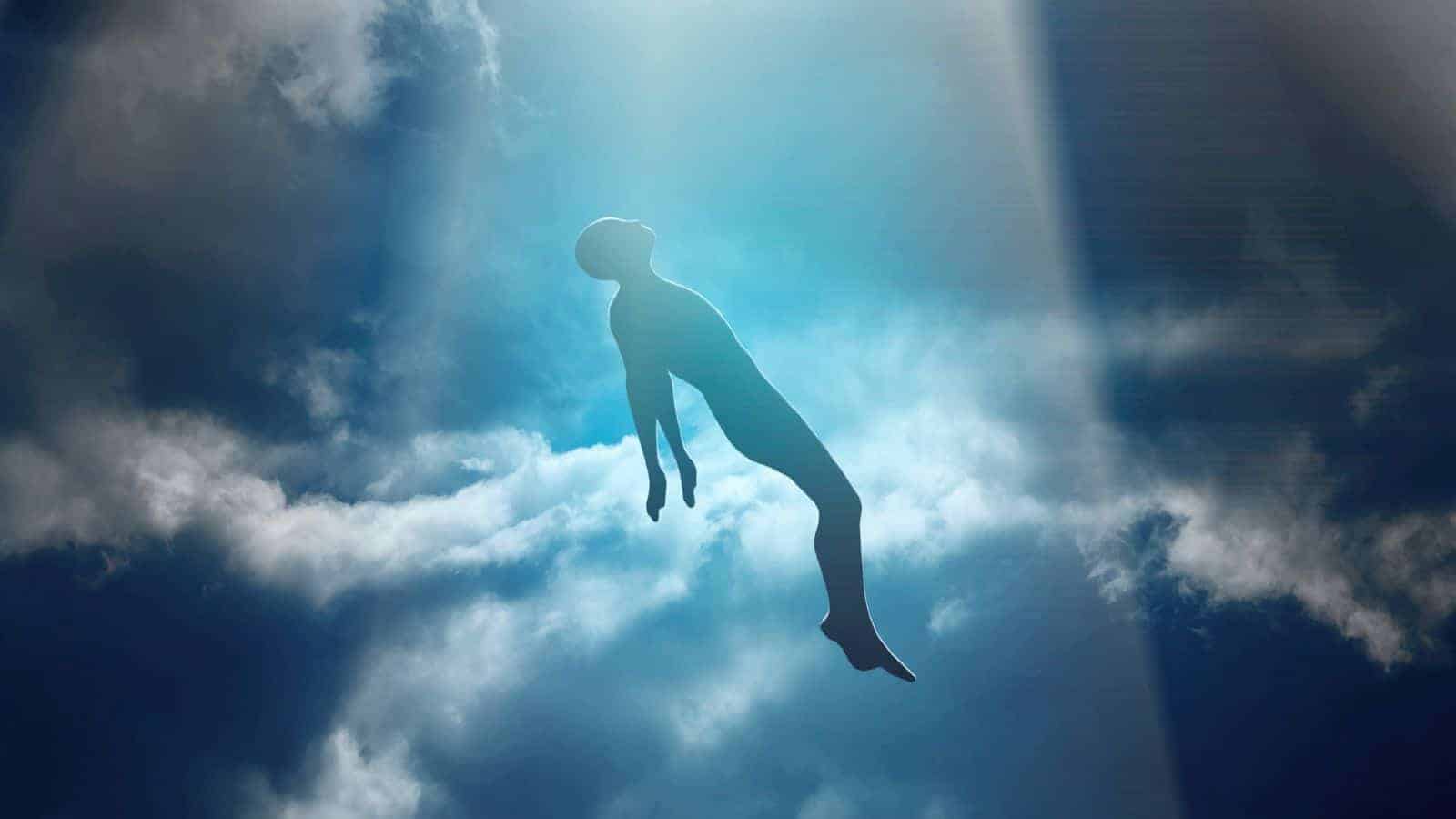
Christian denominations often debate whether salvation is achieved through faith alone or through works. It was one of the causes of the split between Catholicism and Protestantism, the Reformation. Supporters of the faith-alone argument can point to biblical passages like Ephesians 2:8–9 and Acts 16:31, while those who believe salvation is achieved through faith and works can find scriptural support in James 2:24.
The Authority of Scripture vs. Tradition

Most Protestant denominations believe that the Bible is the ultimate authority of Christianity, while Catholics place as much importance on tradition as scripture. Catholics believe that the “rule of faith” is scripture and tradition.
End Times and Eschatology
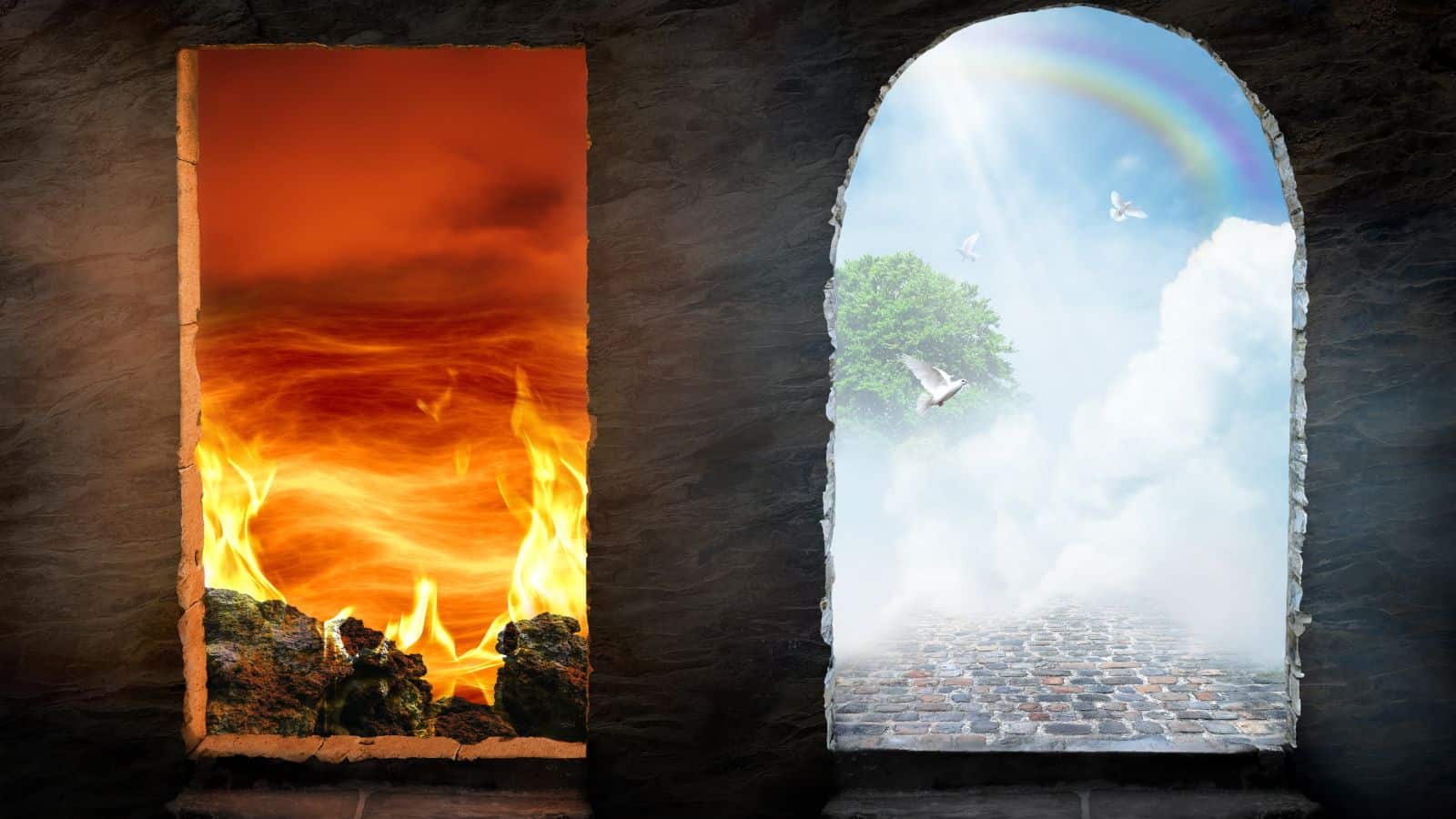
Eschatology is a divisive topic in Christianity. The topic of the end times appears several times in the Bible, including Daniel 9, Zechariah 14, and Acts 1. These passages are vague and symbolic, leading to different theories on eschatology. Some Christians believe in the Second Coming of Christ, while others argue for the final judgment.
The Interpretation of Genesis
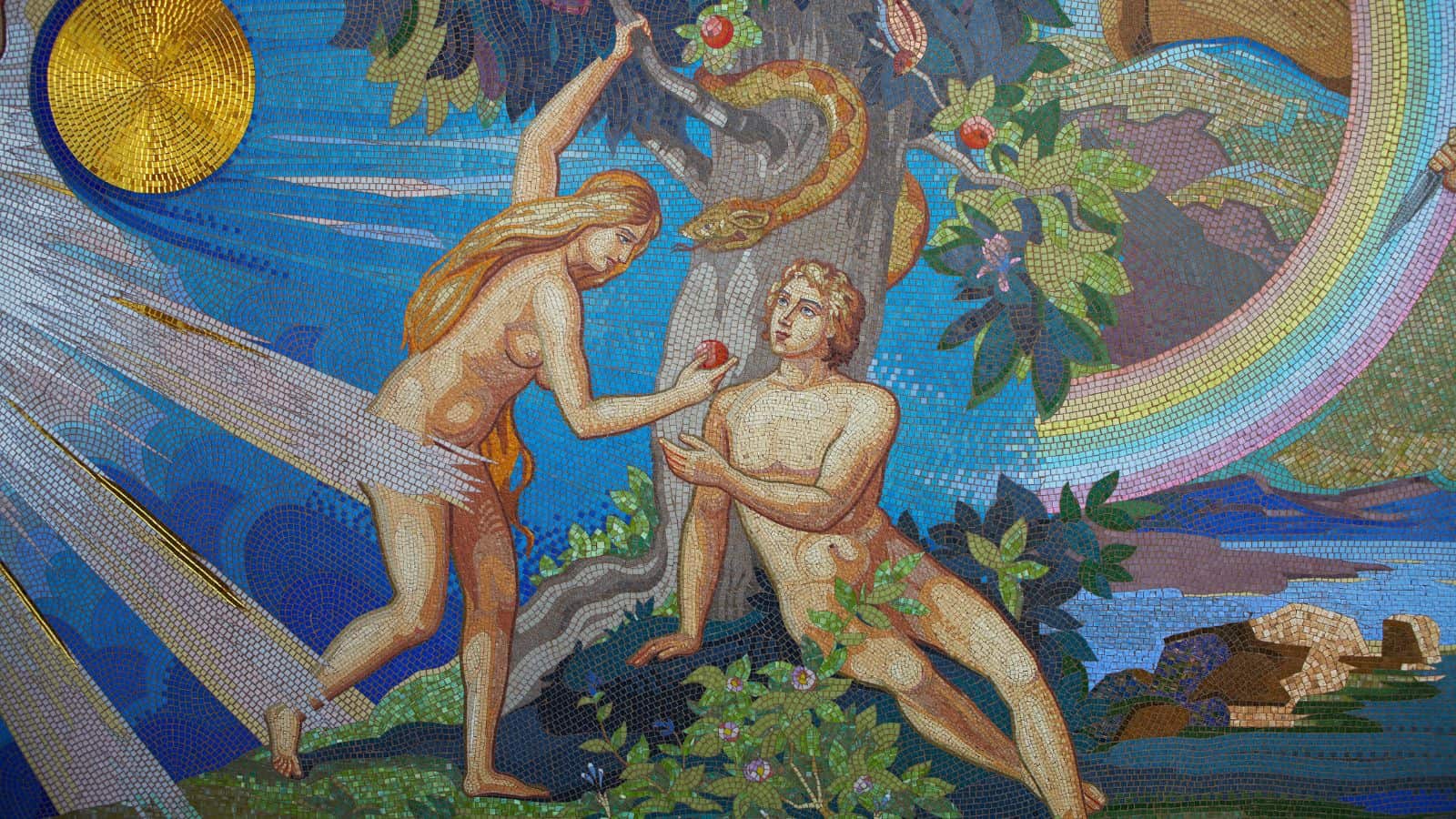
Genesis, the biblical story of God’s creation of the universe, Earth, and humanity, has been widely interpreted for centuries. Today, most Christians don’t interpret it literally, and many pair it with modern scientific understanding, but Christian fundamentalists read it as fact.
The Nature of Hell
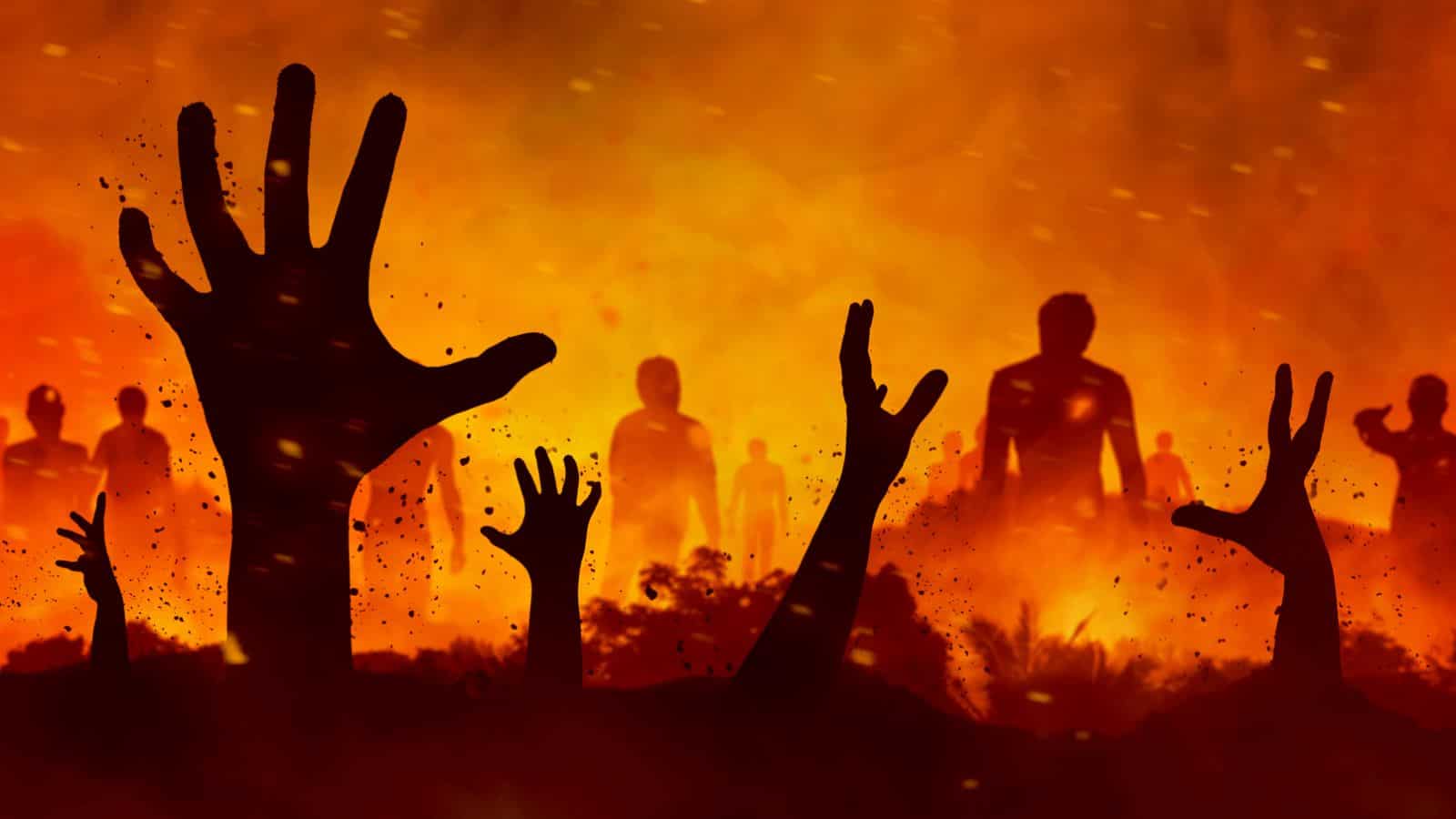
Hell isn’t unique to Christianity, but it’s mentioned several times in the Bible and continues to divide Christians today. Britannica explains that ambiguities in New Testament passages on hell “have led to significant disagreement among Christians,” including whether sinners are tortured forever or for a fixed term.
Homosexuality and the Church

Homosexuality was a taboo that was criminalized for much of Western history and continues to be illegal in many countries around the world. Texts like Romans 1:26–27 are often cited as biblical teachings against homosexuality, but many denominations are accepting of the LGBTQ+ community today and have openly gay clergy members.
The Use of Images and Icons in Worship
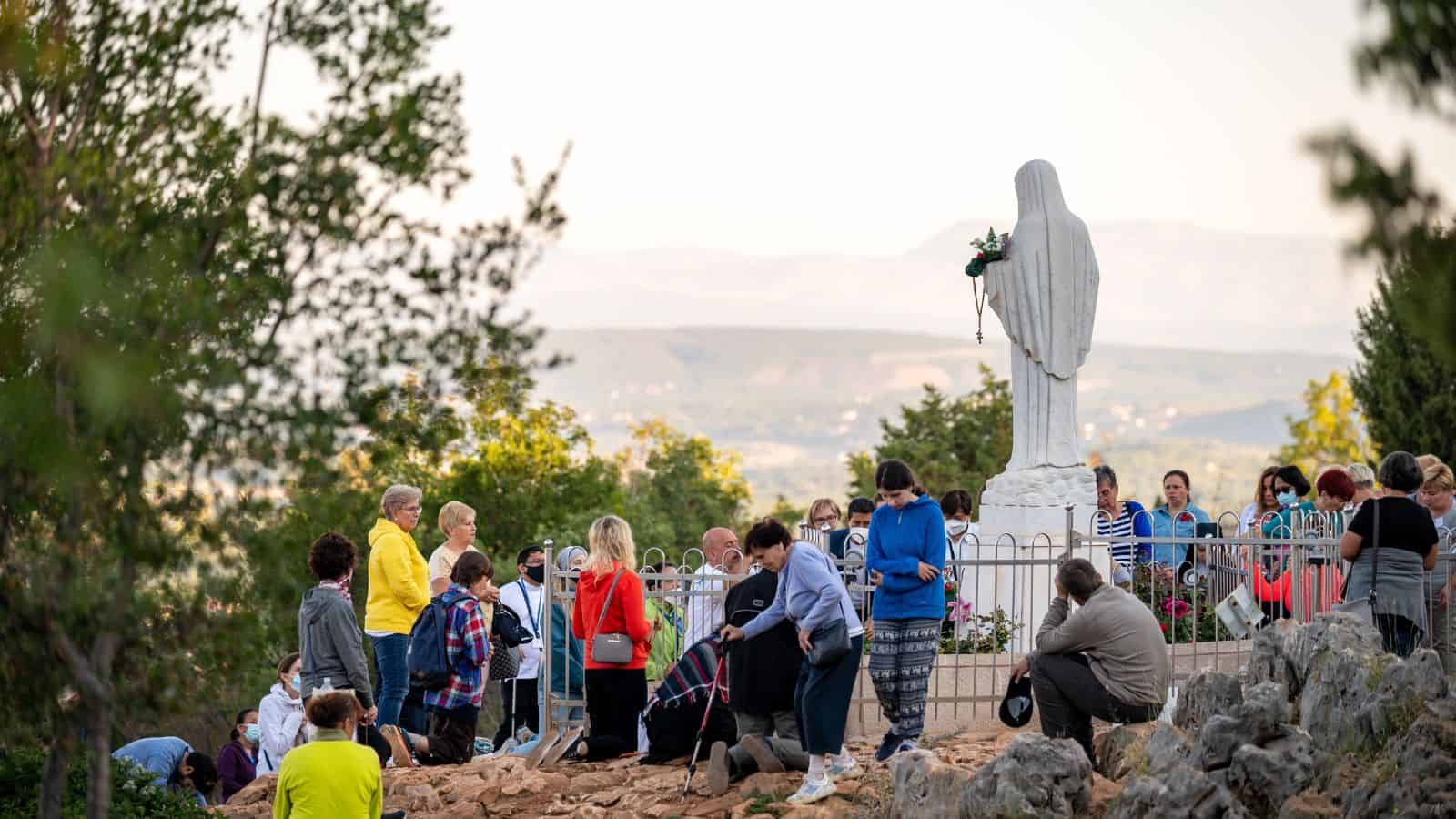
The use of images and icons in worship has long been controversial, and some Protestant groups have accused Orthodox Christians and Catholics of idolatry. The use of saint icons and statues in Catholicism is often confused for worship. Catholics don’t worship these icons but honor them, and they can go on pilgrimage to sites associated with saints.
The Concept of Original Sin
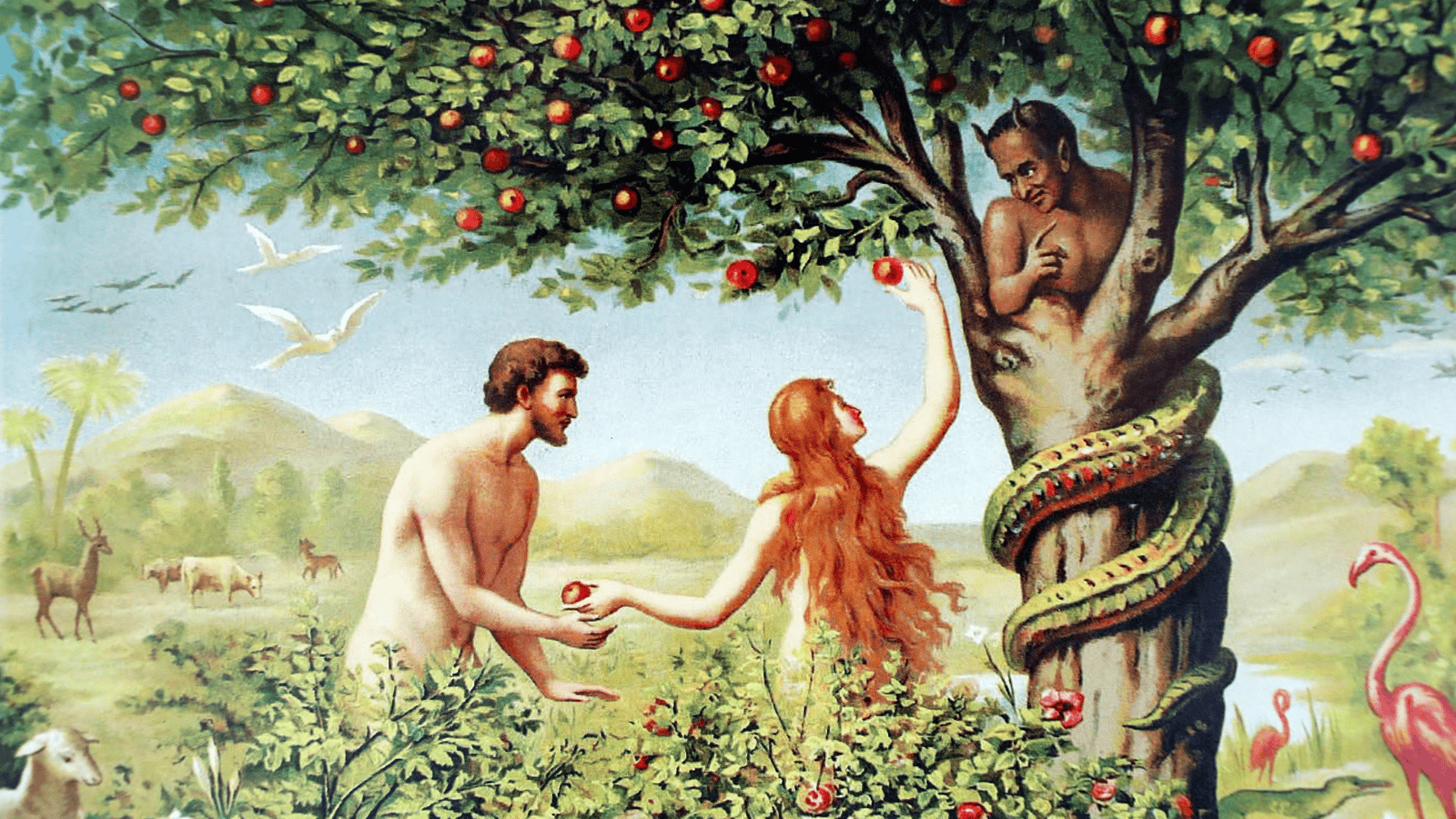
Original sin is the doctrine that humans are born into sin, inheriting the tainted nature of Adam and Eve’s original sin, found in Genesis 3. By the 3rd century, belief in the concept emerged, and today, Catholics believe that baptism erases original sin.
The Nature of the Trinity
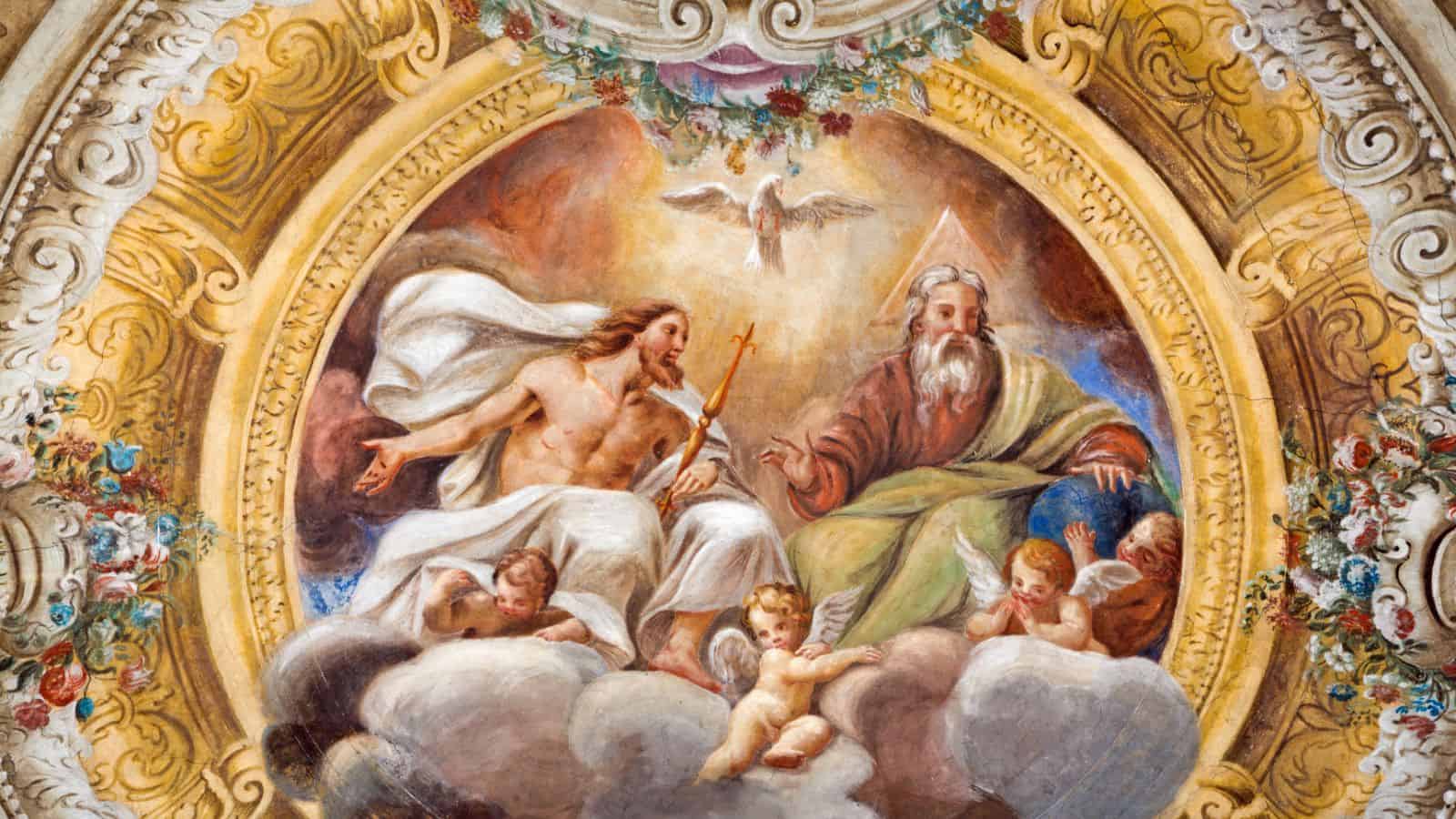
The nature of the Holy Trinity was often debated in the centuries after Jesus’s death and is often misunderstood by Christians today. Britannica notes that “neither the word ‘Trinity’ nor the explicit doctrine appears in the New Testament,” but that “the doctrine developed gradually over several centuries and through many controversies.” By the end of the 4th century, the doctrine had taken its modern form under the leadership of the Cappadocian Fathers.
The Role of the Holy Spirit

The Holy Spirit is the third Person of the Trinity, along with the Father and the Son. It’s commonly represented by a dove in art and is today viewed by most Eastern and Western churches as the bond between the Father and the Son.
Divorce

In Malachi 2:16, the Bible states that God hates divorce, but the scripture outlines laws for the dissolution of marriage. Today, most denominations discourage divorce, but they allow it under certain conditions.
The Sabbath

The Sabbath is a day of rest and worship that’s held on Saturday in Judaism. In most Christian denominations, Sunday, the Lord’s Day, is the Sabbath, but early Christians observed it on Saturday.
The Role of Women in the Church

Traditionally, women haven’t been allowed to take on leadership positions in the church. In recent decades, many denominations have changed their rules and begun ordaining women, but the Catholic Church still bars them from the highest level of leadership. CNN reported last year that in mainstream denominations that ordain women, more are aiming to become priests.
Prosperity

Some Christians believe in prosperity theology, the idea that positive thoughts and donations to the church will increase their happiness and material wealth. This idea is controversial and is criticized by some denominations as promoting idolatry.
The Role of Israel and the Church
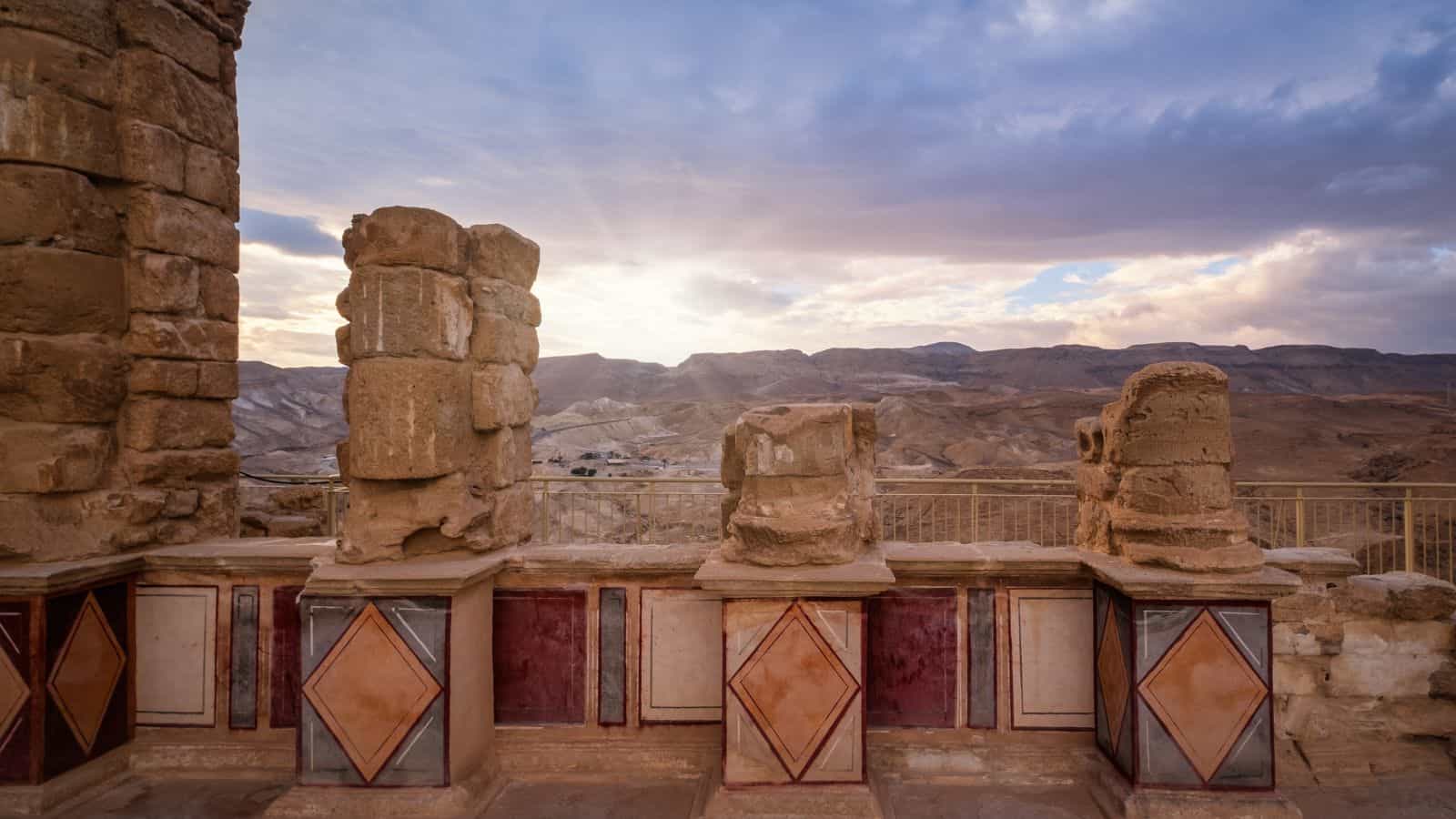
Israel is an important part of Christianity. It’s where many biblical events occurred, including Jesus’s life, death, and resurrection. It’s considered the Holy Land, and many Evangelical Christians strongly support Israel.
Predestination vs. Free Will
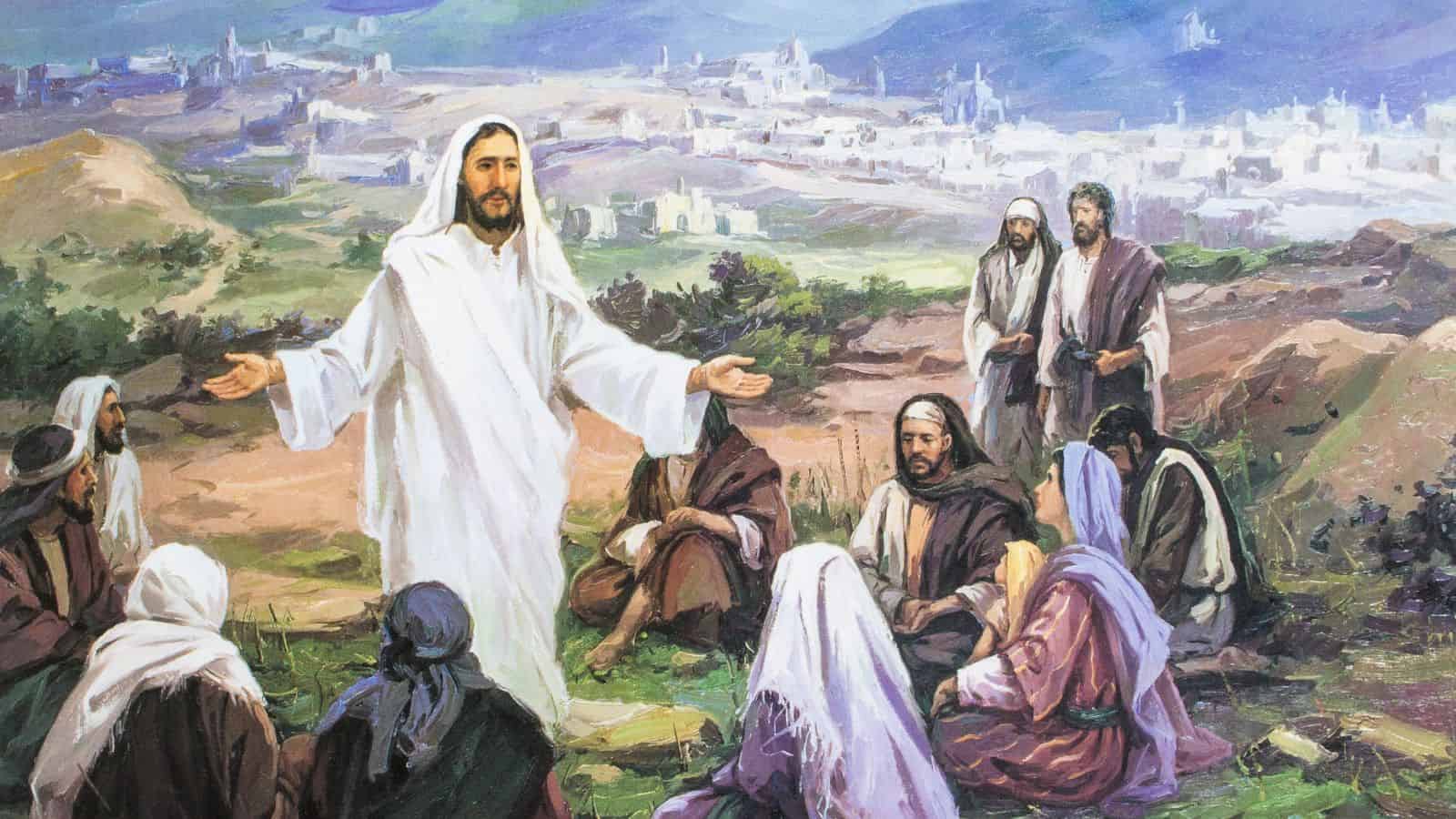
Wrestling the belief that God has predestined some people for salvation with human free will is a challenging issue. Christianity.org.uk explains that the “Bible contains what often seem to be paradoxes” because “we see everything from a limited, human, time-bound, this-world perspective,” like predestination and free will. It argues that the Bible teaches both without reconciling them, “leaving this within the mystery of God himself.”
The Age of the Earth and Creationism
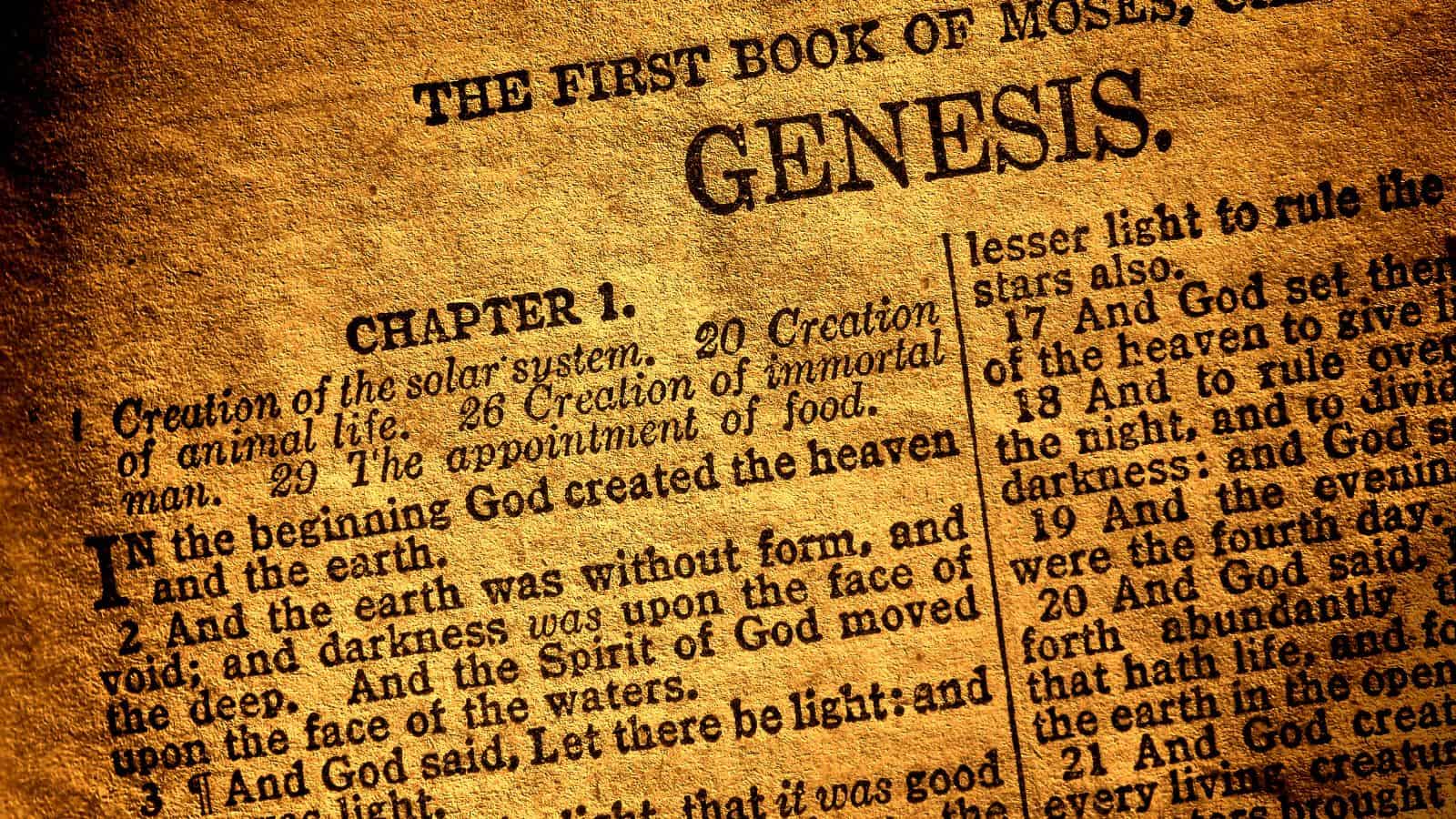
Young Earth creationists believe God created the planet, animals, and humans between 6,000 and 10,000 years ago. They base their beliefs on literal interpretations of the Book of Genesis, but many Christians believe that the Big Bang created the universe and that humanity evolved over time.
The Second Coming of Christ
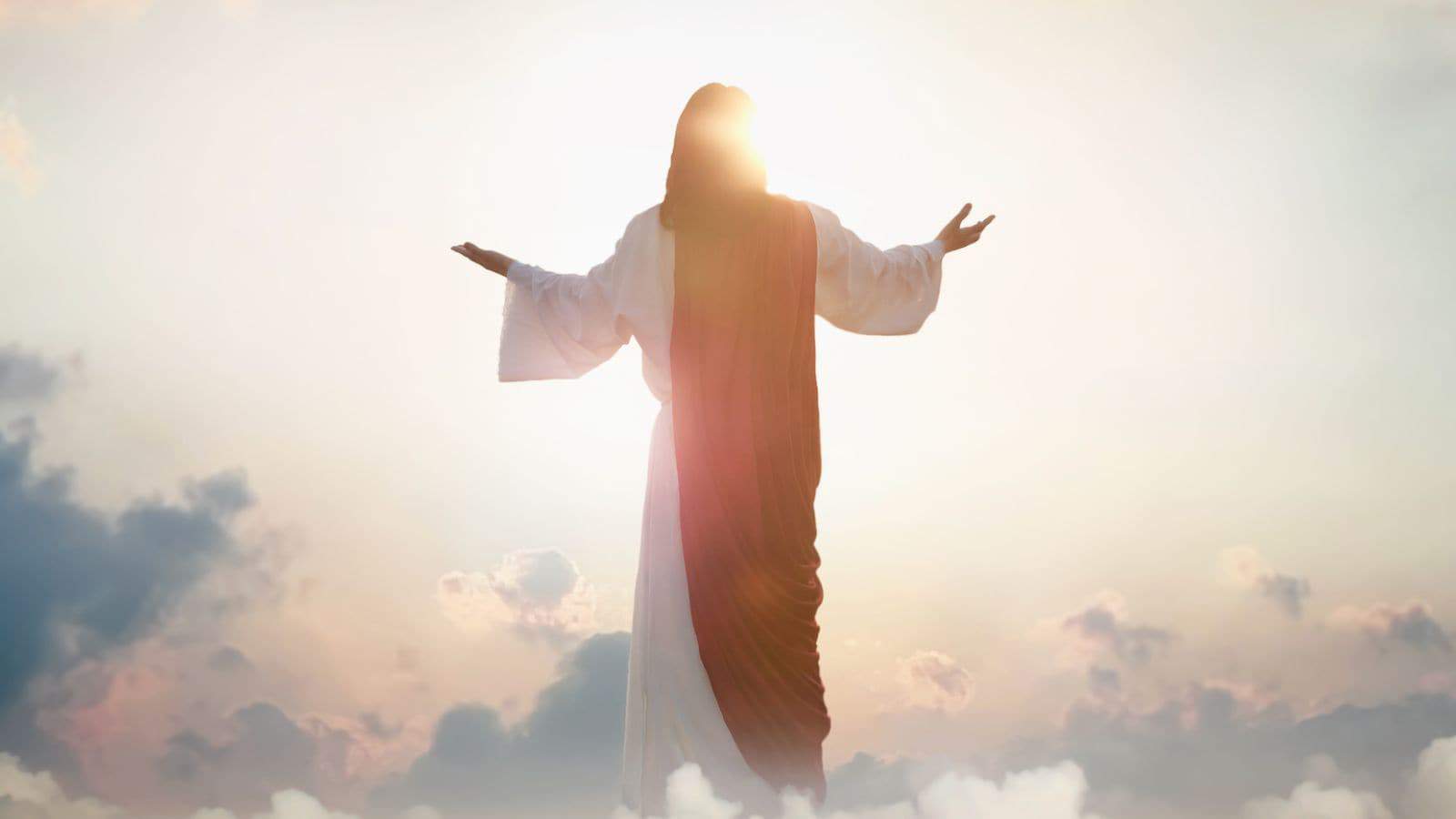
Different Christian denominations have various interpretations of the second coming of Christ. Catholics and Orthodox Christians believe it will happen in a sudden, unexpected moment, while some Mormons believe severe earthquakes, hurricanes, and wars will precede it.
Up Next: 18 Reasons Why Men Get Grumpier As They Age

You might read this and be able to relate, or you may feel you’ve become grumpier the older you’ve gotten. Or maybe you know of a male friend or relative who has. Here are 18 reasons why men get grumpier as they age.
18 Reasons Why Men Get Grumpier As They Age
17 Products Millennials Refuse to Buy and It’s Affecting the Economy

Millennials have been the center of so much media attention due to their spending habits. Their unique ways of spending have built up and crushed many traditional industries. In this article, we look at 17 things millennials stopped buying and how that has impacted society.
17 Products Millennials Refuse to Buy and It’s Affecting the Economy
Where Even Truck Drivers Won’t Stop

Truck drivers tend to be hardy souls—well-seasoned travelers who aren’t often afraid to rest up or refuel in risky locations. However, there are certain U.S. locations that even the most road-weary trucker refuses to stop at for fear of criminal activity or natural dangers. Here are 17 such locations that even experienced truck drivers approach with trepidation (or not at all).
